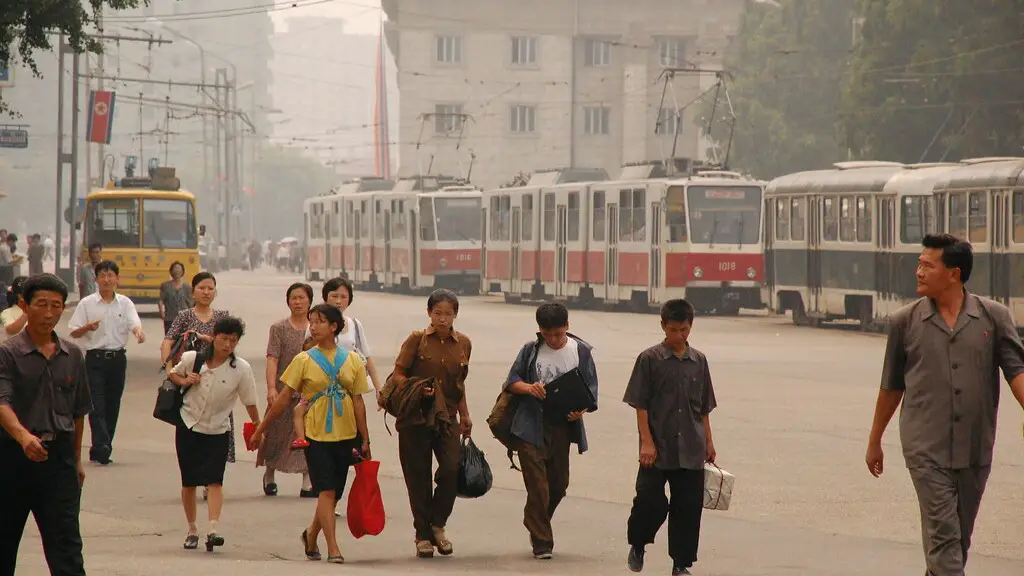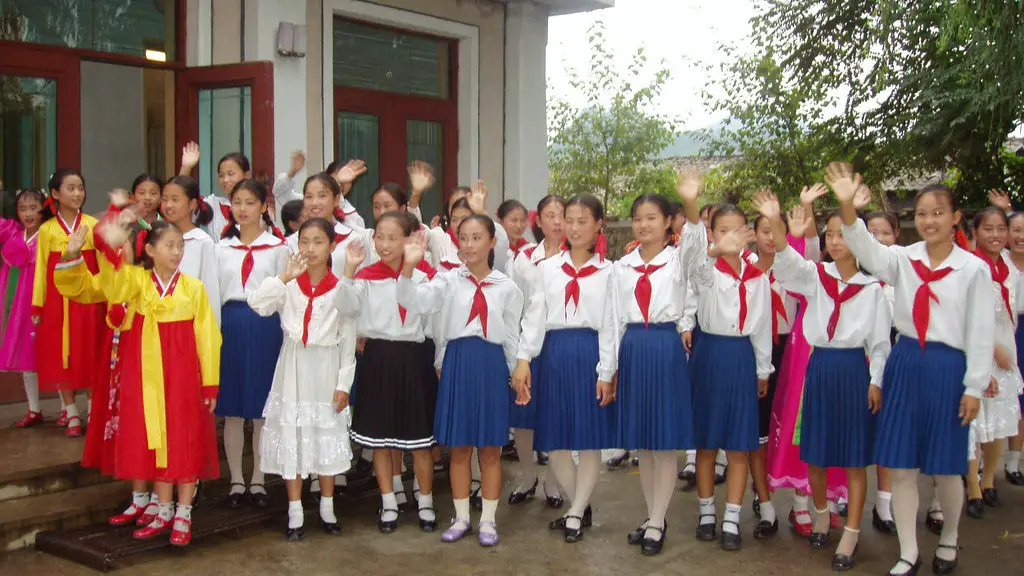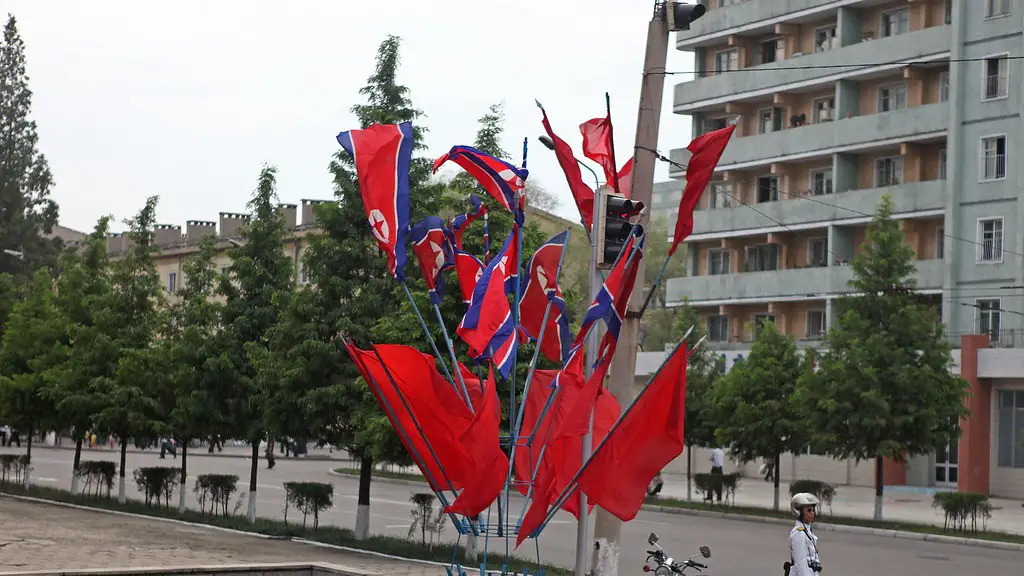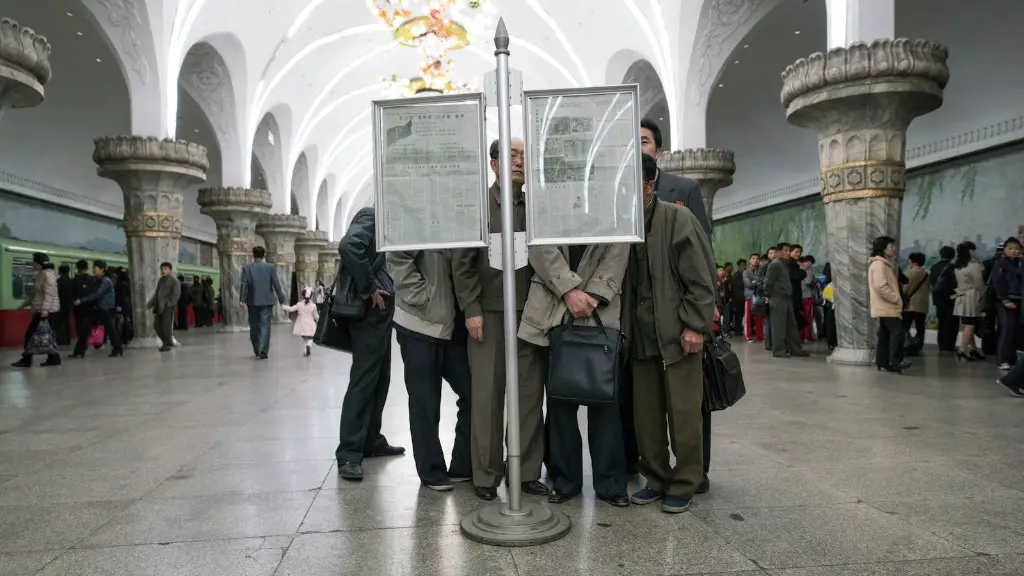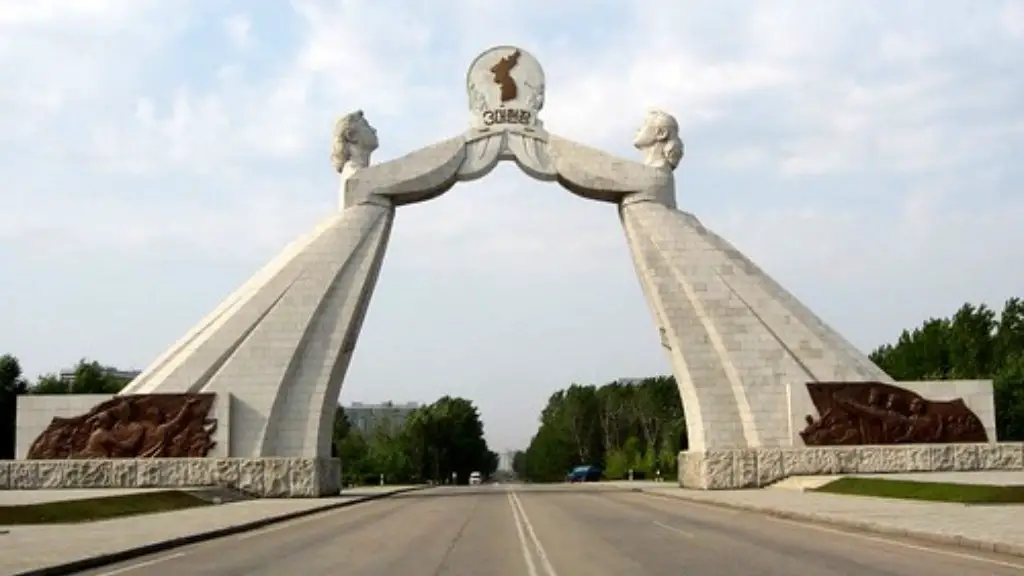Why Does The World Tolerate North Korea?
North Korea is the most isolated nation on earth, largely closed off from the world. However, for almost two decades, the United Nations, the United States and other world powers have taken a policy of “strategic patience” with the North Korean regime. This policy and the world’s relative inaction towards the country is in stark contrast to the other nations and regions that have been threatened by nuclear weapons.
Given that North Korea remains the only country in the 21st century to openly conduct nuclear tests and launch ballistic missile tests, this inactivity is striking. It raises a crucial question: why does the world seem to tolerate North Korea’s provocative behaviour?
For security experts such as Jung Pak, a former CIA analyst and current senior fellow at the Brookings Institution, the answer lies partly in the notion that North Korea has no intention of using its weapons, despite its bellicose rhetoric. The country’s goal is to prevent any action that could bring about its ultimate end—regime change — and the only way to do that, according to Pak, is to make the rest of the world aware of the country’s capability to cause destruction.
“The North Korean strategy all along has been to get recognition and attention from the US – and that’s what they want,” says Pak. “Rather than intervening as North Korea provokes, the world has adopted a wait-and-see approach, relying on China and South Korea to keep tensions from boiling over.”
The global community’s willingness to tolerate North Korea’s aggressive behavior has further emboldened the regime to force the world’s hand. In February 2017, the country responded to an economic sanctions package orchestrated by the United Nations security council by launching a series of ballistic missiles. The world has largely remained inactive in response, and some experts have argued that more aggressive economic sanctions are needed in order to get the country to back down.
However, this is not an easy solution. China is North Korea’s largest trade partner, and it is widely believed that the country could provide the necessary economic pressure to affect change in the isolated nation. Yet the Chinese government has so far refused to take the necessary steps, and the Chinese people have largely remained unaware of the human rights abuses that occur in North Korea.
For most of the world, North Korea is a distant, isolated nation with little relevance to their daily life. It does not represent a direct threat to most of us, and to many, dismantling the regime is not a priority. This, in turn, means that adopting a harder stance with the North Korean government is unlikely to happen any time soon.
Alternatives to Direct Action
Amid the apparent diplomatic stand-off, the rest of the world has focused its efforts on indirect means of influencing the North Korean regime, such as humanitarian aid and encouraging economic trade with South Korea and other regional partners.
However, this approach has been met with limited success. On the one hand, humanitarian aid has been repeatedly blocked by the North Korean government, while on the other hand, economic trade has similarly been unknown in the country due to its isolationist policies.
“The main issue is that the North Korean state has constructed an absolute monopoly on the economy, so anything that increases the influx of money into the North Korean system is simply going to benefit the state and not citizens,” says Andray Abrahamian, director of policy and projects at the Choson Exchange, a Singapore-based organization that funds educational scholarships for North Koreans.
This has been a major source of frustration for the international community, which is keen to find a diplomatic solution to the North Korean issue. While economic assistance might seem like the most effective way to help the people of North Korea, this approach may be hindered by the reluctance of the North Korean government.
The Role of China
The role of China in this equation is an important one. It is generally agreed that the Chinese government could implement stronger economic sanctions against North Korea, yet this has been hindered by China’s own reluctance to get involved with their neighbour.
“China has done what it can to keep North Korea afloat, and the Chinese government is not willing to push North Korea too hard,” says Pak. “China views North Korea as a buffer from its western border, which is why it has been reluctant to impose too much economic pressure on the country.”
There have been some attempts by the Chinese government to take a harder stance with North Korea, such as when it backed the February 2017 UN sanctions package. Yet ultimately this has had limited success, and it is clear that the Chinese government is not yet willing to significantly punish North Korea.
The Role of the US
The US has been an interested observer throughout the course of this ongoing diplomatic stand-off. President Donald Trump has publicly pushed for tougher economic sanctions against North Korea and recently called for the Chinese government to take a stronger stance against its neighbour.
Yet despite this rhetoric, the Trump administration has been muted when it comes to taking concrete steps, such as enforcing financial sanctions. This has been met with criticism from both political sides, who argue that the President’s risky rhetoric has done little to deter the North Korean regime.
“The US has been trying to buy time and see if the rhetoric will be enough to solve the problem, and the problem is that for a country like North Korea, that’s not enough,” says Abrahamian. “China is a key player here in terms of influencing North Korea, and the US and China have different perspectives on how to handle it.”
The US and its allies have relied heavily on economic sanctions and rhetoric to try and influence the North Korean regime, but this has had limited success. Similarly, the Chinese government’s efforts have been limited, which leads to the conclusion that the world is largely relying on a “wait-and-see” approach in regards to North Korea.
The Impact of North Korea in the Region
The North Korean situation has had a significant impact on the region, particularly South Korea and Japan, two countries that are in the direct line of fire for any potential conflict.
In South Korea, the public does not view the North Korean regime favorably, but the country’s leadership is usually keen to avoid provoking the regime. In contrast, Japan has taken a tougher stance, particularly under Prime Minister Shinzo Abe’s administration. This is partly due to Japan’s geography and the fact that the country lies closer to North Korea than South Korea.
“Japan feels more threatened by North Korea, in part because they are geographically very close,” says Pak. “If you look at Japanese domestic opinion in terms of North Korea, it’s quite a bit tougher than South Korea. The Japanese government has certainly taken a harder line and has been less willing to push diplomacy.”
North Korea’s aggressive behaviour has led to an ongoing diplomatic stand-off between the country and the rest of the world. Yet despite the international community’s frustration, a tough stance has been difficult to take considering the fragile nature of the situation. It appears that for the time being, the world seems content to wait and see how the situation develops.
The Implications for North Korea
The diplomatic stand-off between North Korea and the rest of the world has only served to solidify the North Korean regime’s grip on power. With the country’s isolation from the outside world and its heavily censored media landscape, the North Korean regime has been able to keep its population largely unaware of the true extent of its human rights abuses.
Meanwhile, the sanctions imposed by the UN have had little to no effect on the country. The North Korean economy has remained largely insulated, with profits from illegal trade and money laundering helping to fill the coffers of the country’s elite.
Given the lack of action from the rest of the world and the North Korean regime’s willingness to ignore international pressure, it appears that the country’s leadership is growing increasingly confident that it can continue its repressive and oppressive rule for the foreseeable future.
The Ramifications for the World
The international community has insisted that it will not accept a nuclear-armed North Korea and has imposed tough economic sanctions against the regime. Yet these measures have had limited success, and the global community is left with the difficult task of finding a diplomatic solution to the North Korean issue.
This is a difficult challenge given the current standoff between the North Korean regime and the rest of the world. As both sides remain at an impasse, it is ultimately up to the world’s major powers to decide whether to take a tougher stance against North Korea or continue to take a “strategic patience” approach.
Ultimately, the rest of the world’s inaction may only serve to embolden the North Korean regime and ensure that its oppressive rule continues. This could have disastrous implications for the entire region and the world at large, and it is crucial that the international community find a diplomatic solution to the North Korean issue before it is too late.
